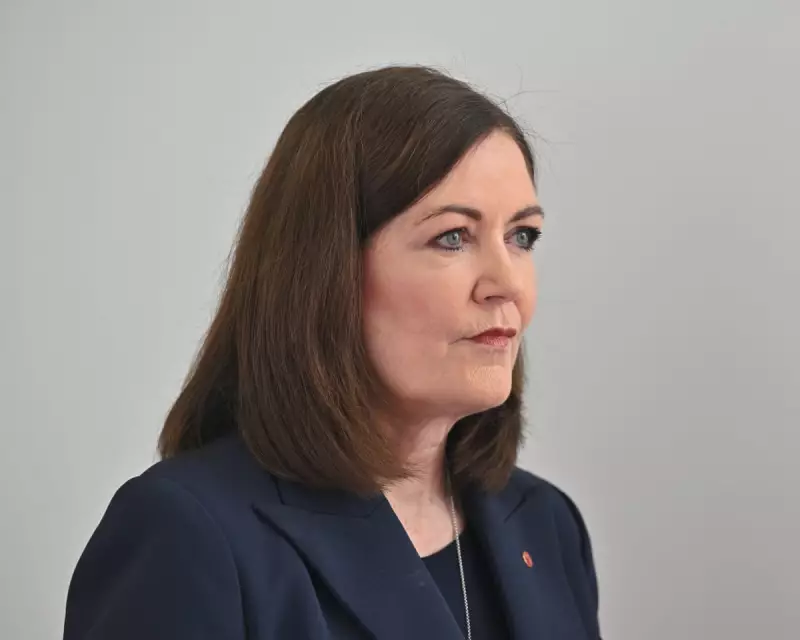
In a dramatic development that exposes deepening fractures within the Liberal Party, two senior senators have publicly withdrawn their support for deputy leader Sussan Ley, throwing the opposition's leadership structure into turmoil.
Senior Figures Break Ranks
Victorian Senator Sarah Henderson and New South Wales Senator Hollie Hughes have both confirmed they no longer support Ms Ley continuing in her role as deputy leader. The public declarations come amid growing internal dissatisfaction with the party's direction following their election defeat.
Senator Henderson, who previously served as a parliamentary secretary, stated she had reached her decision after careful consideration of the party's future direction. "I have formed the view that Sussan Ley should not continue as deputy leader," Henderson confirmed, highlighting the need for the party to rebuild and reconnect with voters.
Mounting Pressure on Leadership
The public withdrawals of support represent a significant escalation in internal tensions that have been simmering since Peter Dutton's narrow victory in the leadership contest against Simon Birmingham. While Dutton secured the top position, concerns about the deputy leadership have been growing among party moderates and conservatives alike.
Senator Hughes echoed her colleague's sentiments, telling Guardian Australia that the party needed to "rebuild and renew" after their electoral setback. The coordinated nature of their announcements suggests organised opposition to Ley's continued tenure as deputy.
Broader Implications for Opposition
This public airing of internal divisions threatens to undermine the Liberal Party's efforts to present a united front against the Albanese government. With two senators now openly challenging the deputy leadership, pressure is mounting on other members to declare their positions.
The situation creates a delicate challenge for newly elected leader Peter Dutton, who must now navigate these internal tensions while attempting to stabilise the party's leadership team. How he manages this crisis could define his early leadership and the opposition's effectiveness in holding the government to account.
Political observers note that such public displays of disunity so soon after an election defeat could hamper the party's recovery efforts and prolong the internal soul-searching that typically follows electoral disappointment.





